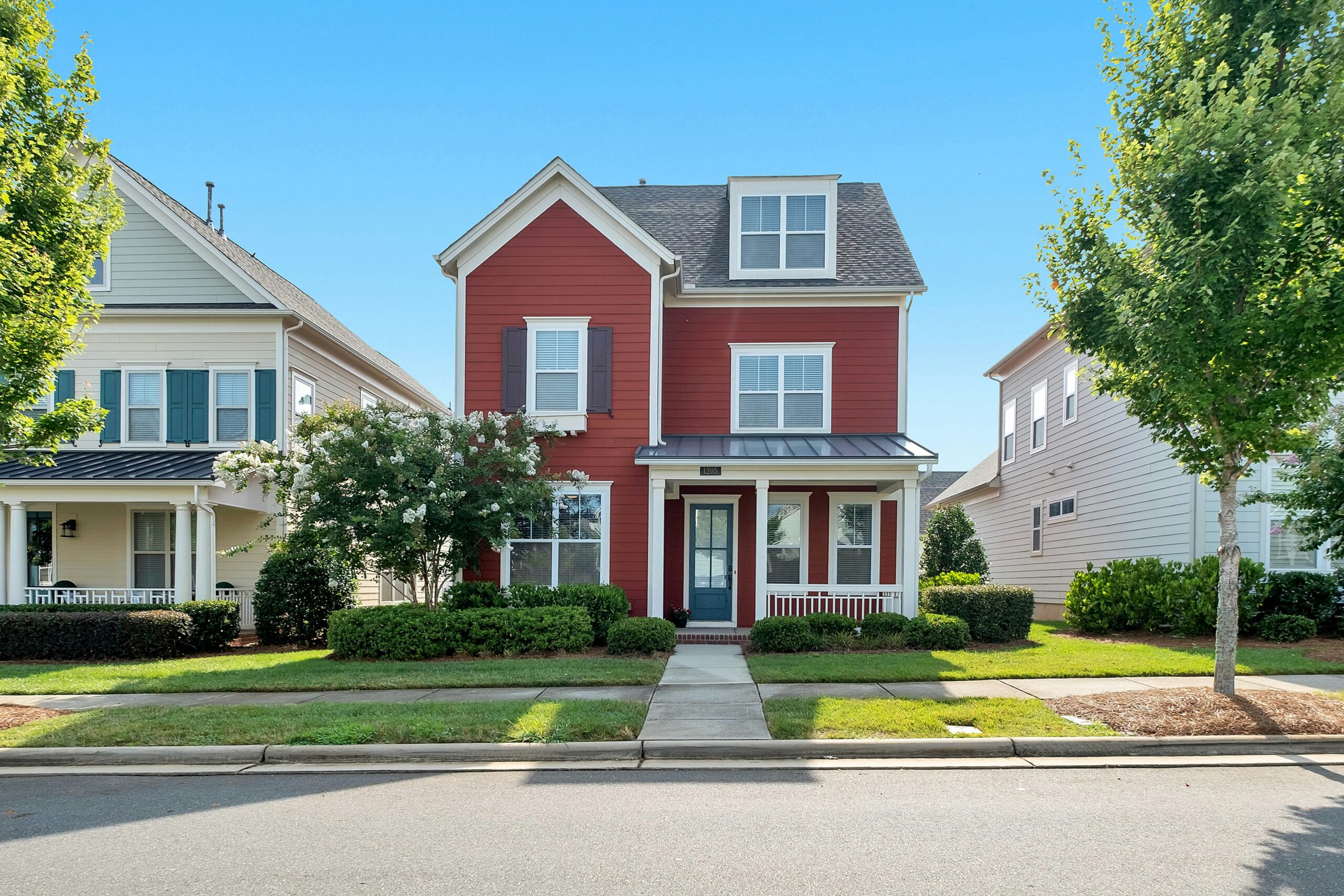Top Mistakes to Avoid When Selling a Home
Selling your home can be an exciting journey, but it’s often filled with stress and uncertainty. With so much to think about, even small missteps can end up costing you time, money, and peace of mind. Understanding the most common mistakes sellers make—and how to avoid them—can make a big difference in your experience and outcome.
One of the biggest pitfalls is pricing your home incorrectly. If you price it too high, it may sit on the market without interest. Price it too low, and you risk leaving money on the table. Buyers are savvy and watch the market closely. If your price doesn’t align with comparable homes, they’ll likely pass. That’s why it’s important to work with a real estate agent who can perform a comparative market analysis (CMA) and determine the right price based on recent sales—not just what your neighbor got last year. The right price attracts more interest and better offers.
Another mistake is skipping repairs. After living in a home for years, it’s easy to overlook issues like a leaky faucet or cracked tile. But buyers will notice, and minor flaws can raise red flags about hidden problems. Doing a detailed walk-through with your agent can help you identify what needs fixing. You don’t need to do a full renovation, but simple maintenance like fixing broken items, cleaning thoroughly, and replacing burnt-out light bulbs can go a long way toward making your home feel well cared for.
Bad photos are another common mistake that can hurt your chances. Most buyers begin their search online, and if your listing photos don’t stand out, they may never even schedule a showing. Invest in professional photography or at least use someone with experience. Make sure your home is clean, bright, and clutter-free for the shoot. Open the blinds, turn on the lights, and highlight your home’s best features—because you only have a few seconds to catch a buyer’s attention online.
Curb appeal also plays a huge role. The exterior of your home is the first thing buyers see, and if it looks messy or neglected, they may never step inside. You don’t need expensive landscaping, but simple tasks like mowing the lawn, trimming bushes, cleaning windows, and adding a welcoming doormat or fresh flowers can create a great first impression. Power washing the driveway and walkway also helps your home shine.
It may be tempting to stay during showings to see what buyers think, but this often backfires. Buyers feel uncomfortable when the owner is present. They tend to rush through the home, speak in hushed tones, and avoid opening closets or discussing details. It’s best to leave during showings and let your agent handle everything. Buyers need to feel free to explore and imagine the home as their own.
Overpersonalizing your home can also turn buyers off. While your red accent wall or your child’s science project might be meaningful to you, buyers want to picture their own life in the space. Neutral tones and minimal décor work best. Remove personal photos, tone down bold colors, and start packing away anything too specific. The more neutral and clean your home feels, the easier it is for buyers to envision living there.
Failing to understand the market is another major error. You can’t control market conditions, but you need to know what kind of market you’re in. Is it a buyer’s market? Are homes sitting longer? Are prices dropping? Pricing too high during a slow period will only make your home linger unsold. Work with your agent to adjust your strategy to reflect current trends, seasons, and local demand.
Selling your home is emotional, especially if you’ve made memories there. But taking things personally—like reacting emotionally to a low offer or a buyer’s request for repairs—can hurt your chances of a smooth sale. Try to stay objective. Think of it as a business transaction. Trust your agent’s advice, and negotiate calmly with the big picture in mind. It’s not about you; it’s about the buyer and what the market supports.
Poor communication is another silent deal-killer. Ignoring calls, delaying responses, or missing deadlines can frustrate buyers and slow everything down. Time is critical in real estate. Be responsive, check your messages regularly, and be ready to sign documents promptly using e-signing tools. Keeping things moving can mean the difference between closing a deal or losing it.
Choosing the wrong agent can also derail your sale. Your cousin may have just gotten their license, or your neighbor may offer to list it cheaply—but this is one of the biggest financial transactions of your life. You need someone experienced, professional, and local. A good agent knows how to price, market, and negotiate effectively. Ask questions, check their reviews, and look at their past performance. A strong agent can make a huge difference.
Trying to hide problems in your home—like a roof leak or foundation issue—is never a good idea. Buyers will almost always discover them during inspections. If they feel deceived, they might walk away or even take legal action later. It’s better to be honest and disclose known issues up front. In some cases, fixing the problem before listing is smarter than dealing with it mid-transaction. Transparency builds trust.
Another mistake is being too rigid with showings. If you only allow visits on weekends or require long notice, you’re likely turning away serious buyers. Be as flexible as possible with showings. Yes, it’s inconvenient, but the more accessible your home is, the quicker it will sell.
Letting emotions lead the pricing or negotiation process is also risky. Sellers sometimes cling to a certain price because they “need” that amount, or reject fair offers out of pride. But the market doesn’t care what you need—it only cares what buyers are willing to pay. Evaluate offers logically. A slightly lower offer today might be better than holding out for months hoping for something better.
Not preparing for what happens after your home sells is another trap. Do you know where you’re going? Are you buying another home? Renting? Have a solid plan in place before you accept an offer. Get pre-approved if you’re buying again, and be ready to move forward quickly. Scrambling at the last minute creates unnecessary stress.
In the end, selling a home is part art and part science. The small things can add up, and while perfection isn’t required, avoiding major mistakes will set you up for success. Trust your team, stay flexible, and try to see the process from a buyer’s point of view. You’ll get through it—and might even enjoy the journey.
Ready to sell your home? Start by avoiding these common mistakes. You’ve got this.
Disclaimer: This article is for informational purposes only and does not constitute financial advice. Readers should consult with financial advisors and real estate professionals before making investment decisions.
Related Blog Posts

Buying a home is one of the biggest financial decisions you’ll ever make, and timing plays a crucial role in ensuring you get the best deal possible...
Are you thinking about where you want to live long-term? Maybe you’re weighing your options between renting and buying...
Let me guess—you’ve looked at a few houses recently, ran the numbers, and thought, “Wait, how can anyone afford this?” You’re not alone. Home...
Let’s be honest—real estate commissions can feel confusing. Who pays whom? How much? And what are you really getting in return? If you’re buying or...




